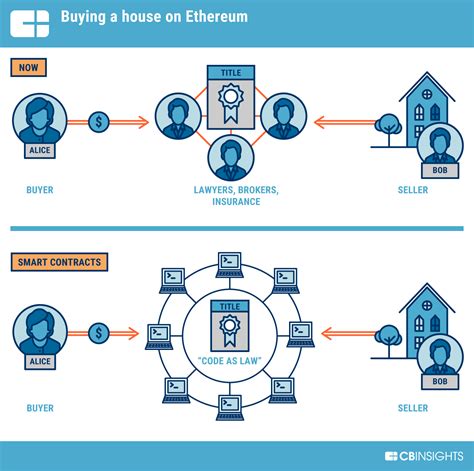The future of Ethereum (ETH): A governance token in the Finance decentralized (Defi) ecosystem
Since the world is becoming increasingly digital, decentralized financing (Defi) has turned out to be a rapidly growing and innovative space. Defi focused on creating a new paradigm for financial services and has interrupted traditional financial systems and gave the individuals the opportunity to participate and benefit from this shift. In recent years Ethereum (ETH), one of the most popular blockchain platforms, has played a crucial role in this development.
Ethereum: a blockchain platform Pioneer
Ethereum is not just a platform; It is a paradigm shift technology that has enabled the creation of decentralized applications (DAPPS). With its programmable blockchain, Ethereum enables developers to create and provide their own dapps that can range from simple user interfaces to complex, sophisticated financial instruments. The Smart Contract mechanism built into Ethereum enables automation, reduces the need for intermediaries and more efficient and more transparent processes for transactions.
Governance token: A new era of decentralized governance
Since Defi continues to grow and mature, it becomes increasingly clear that traditional governance structures are no longer sufficient. The decentralized nature of blockchain technology requires new models for decision-making and control in which governance tokens come into play. Ethereum (ETH) was at the head of this trend and introduced his home drive, Ethereum (ETH), as governance token.
The rise of ETH as a governance token in defi
When ETH started in 2015 as an ERC 20 token in the Ethereum blockchain, it was initially not intended for governance purposes. Over time, however, the users began to appreciate the potential advantages of a decentralized, community -driven decision -making process. This led to the development of various governance initiatives and projects that ETH used.
Today ETH is used as a governance token in several Defi projects, including credit platforms, stable coins and liquidity pools. These projects use ETH to make the contributors and stakeholders take part in the decision -making process and create a more democratic and more transparent approach to governance.
Advantages of ETH as a governance -token
The use of ETH as Governance token offers several advantages:
- Decentralization : The enabling of users to keep decisions and coordinate on decisions enables ETH a really decentralized governance model.
- Transparency : With ETH, all transactions on the blockchain are recorded to ensure that everyone involved has access to information about the project’s decision -making process.
- Community Engagement
: The use of ETH promotes users’ commitment and participation in governance promotes a feeling of owners and belonging between the members.
- Safety

: As with any digital asset, the safety of ETH is guaranteed by its decentralized nature.
Applications of ETH in defi
The ETH has numerous applications within the Defi ecosystem:
- Credit platforms : ETH enables the lenders to take part in decision -making processes for loans and to ensure more transparent and fair distribution of resources.
- Stable coins : By incentive to work, ETH projects such as connections and AAVE use ETH to create stable coins that maintain a permanent supply.
- Liquidity pools : The governance model of ETH enables liquidity providers to contribute to decision-making processes for liquidity pool token owners.
Challenges and future instructions
While the use of ETH as a governance token in Defi offers many advantages, there are still challenges:
- scalability : The Ethereum network can absorb traffic during high use times and restrict the scalability of some projects.
2.
